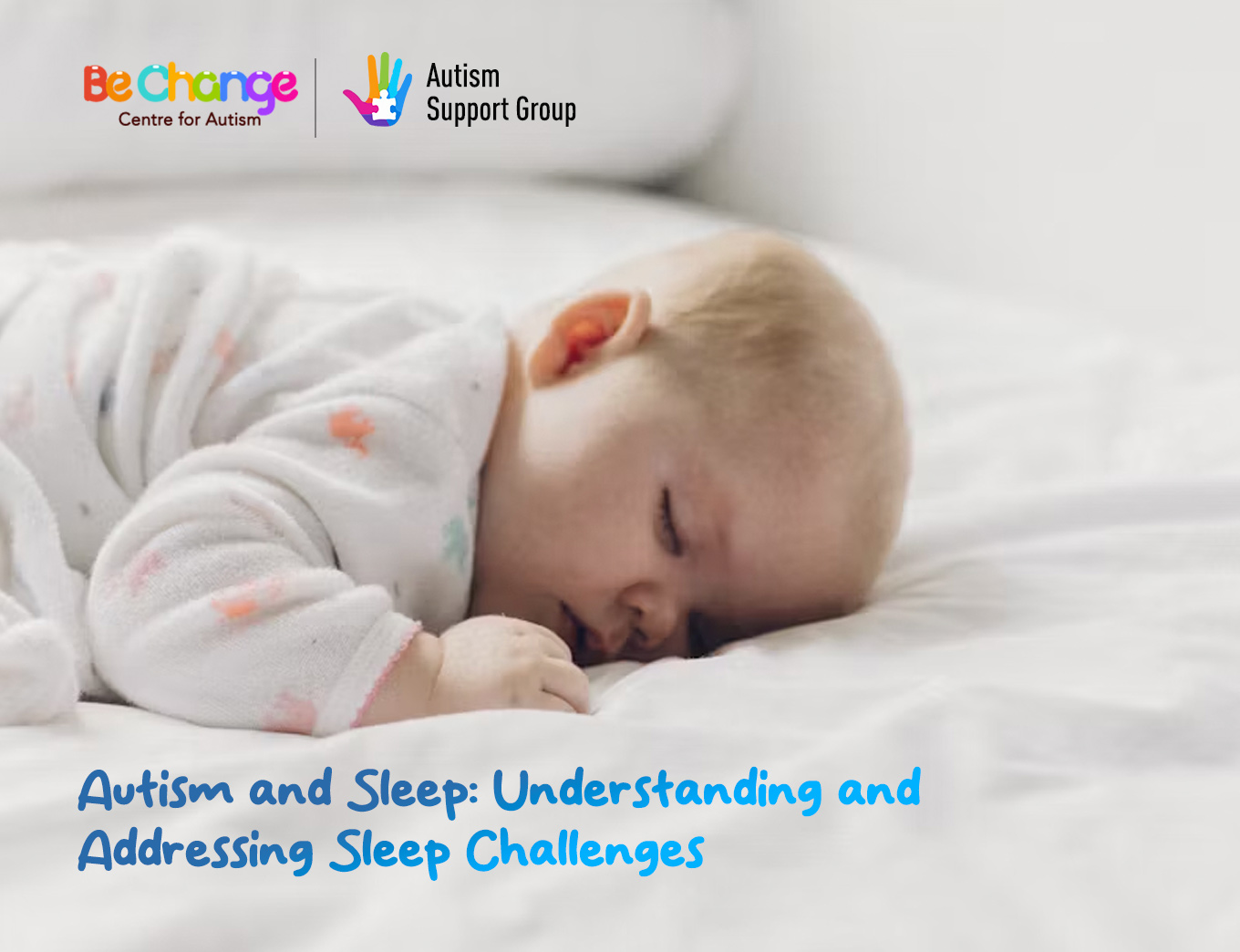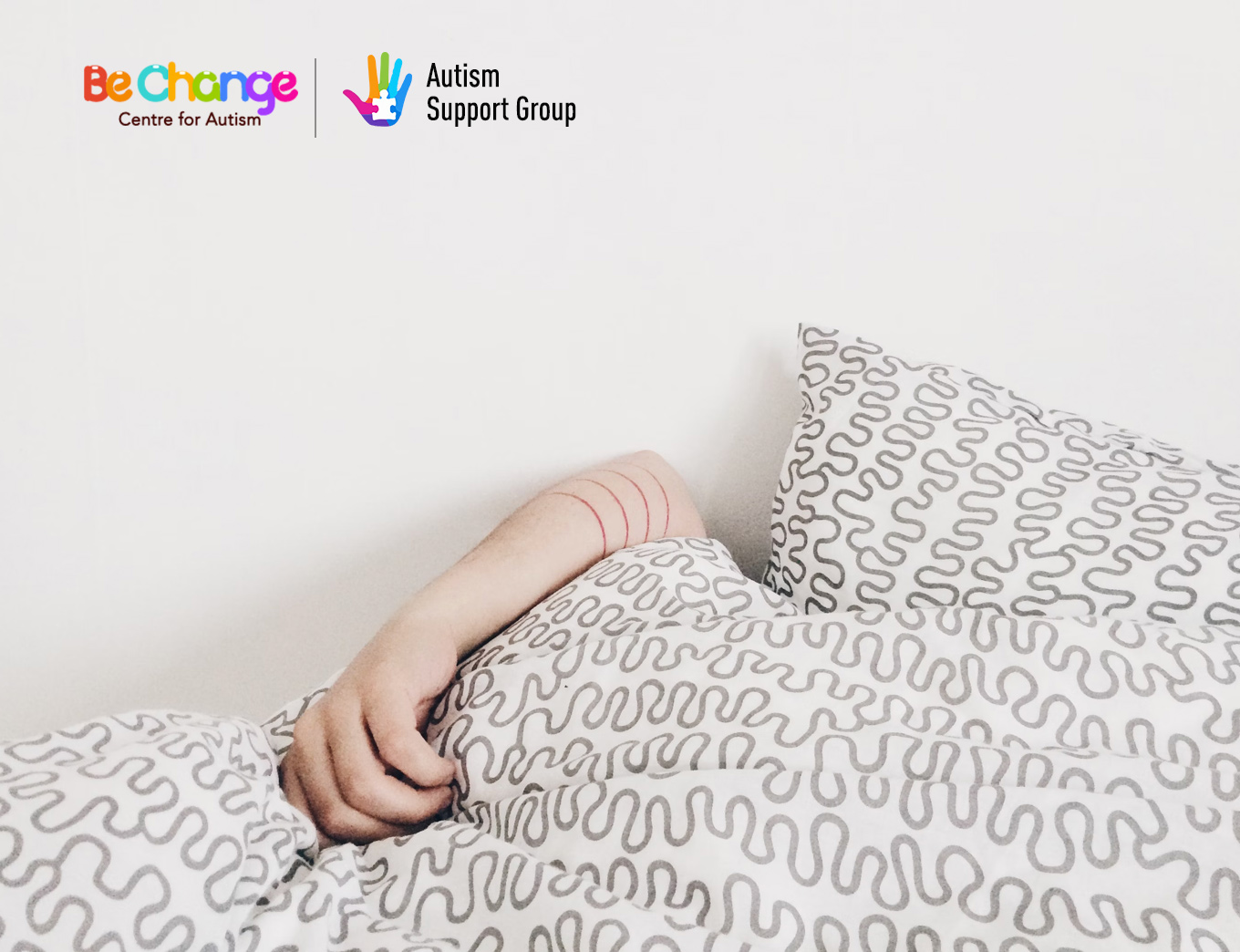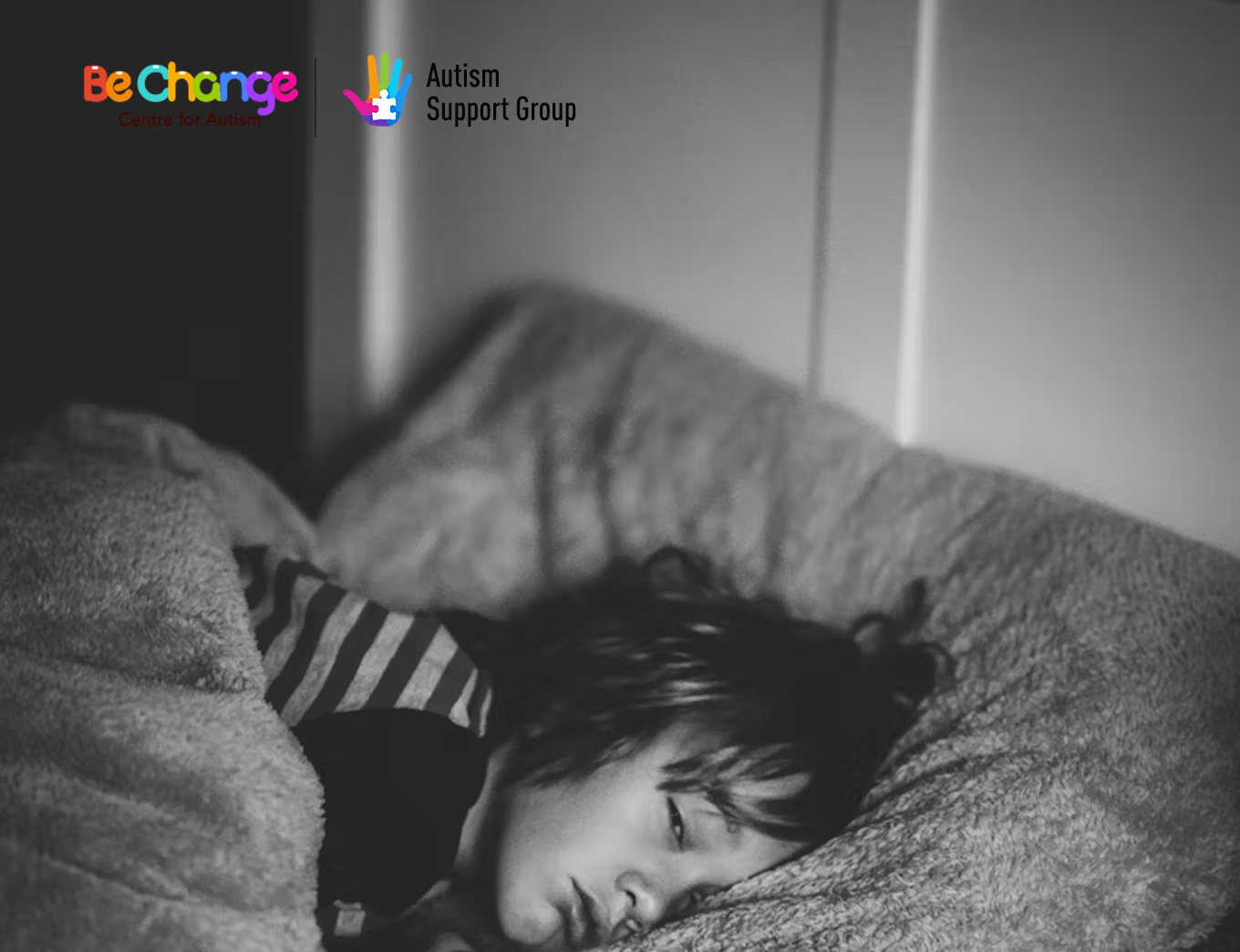Sleep is crucial for everyone’s health and well-being, but it takes on added significance when it comes to children with Autism Spectrum Disorder (ASD). These children often face unique challenges related to sleep, which can impact their overall quality of life and that of their families. Understanding these challenges and implementing effective strategies is essential for improving sleep and, consequently, daily functioning.

The Connection Between Autism and Sleep
Children with autism frequently experience sleep problems, ranging from difficulty falling asleep to frequent nighttime awakenings. These issues are more prevalent in children with autism compared to typically developing children. Studies have shown that sleep disturbances in ASD children affect not just their sleep patterns but also their daytime behavior and overall well-being.
Sleep problems in children with ASD can be attributed to various factors, including neurological differences, environmental influences, and family dynamics. Polysomnography studies reveal that children with autism often have abnormalities in Rapid Eye Movement (REM) sleep, including decreased quantity and immature organization of eye movements. These issues can lead to difficulties in falling asleep, maintaining sleep, and waking up feeling rested.
Common Sleep Issues in Children with Autism
Children with autism often present with a range of sleep-related difficulties. Some of the most common issues include:
- Insomnia: Difficulty falling asleep or staying asleep is common. Studies indicate that 40% to 80% of children with autism experience insomnia.
- Bedtime Resistance: Many children with autism resist going to bed, which can lead to prolonged periods of wakefulness and frustration.
- Night Awakenings: Frequent awakenings during the night can disrupt sleep continuity and affect overall sleep quality.
- Daytime Sleepiness: Poor nighttime sleep can lead to excessive daytime sleepiness, affecting the child’s ability to engage in daily activities effectively.
These sleep issues not only affect the child but also place a significant strain on family members. Parents of children with autism often experience disrupted sleep themselves, which can lead to increased stress and decreased overall quality of life.
Check out our new branch : https://maps.app.goo.gl/SNDxav7fybanc9Qe6

Strategies for Improving Sleep in Children with Autism
Improving sleep for children with autism often involves a combination of behavioral strategies and, in some cases, pharmacological interventions. Here are some effective strategies:
1. Establishing a Consistent Bedtime Routine
A consistent bedtime routine is essential for helping children with autism wind down and prepare for sleep. This routine should include calming activities such as reading a book, taking a warm bath, or listening to soothing music. Consistency is key, so it’s important to follow the same routine every night at the same time.
2. Creating a Sleep-Friendly Environment
The child’s sleep environment plays a crucial role in promoting good sleep. Consider the following aspects:
- Room Temperature: Ensure the room is at a comfortable temperature, not too hot or cold.
- Bedding: Use comfortable bedding that the child likes. Some children may have sensory sensitivities, so choose materials that do not irritate their skin.
- Noise and Light: Minimize noise and light in the room. White noise machines or blackout curtains can help create a more conducive sleep environment.
3. Addressing Underlying Medical Issues
Medical conditions such as sleep apnea, gastrointestinal problems, or allergies can contribute to sleep disturbances. Regular check-ups with a healthcare provider can help identify and address these issues. Treatment for these conditions can significantly improve sleep quality.
4. Using Behavioral Techniques
Behavioral techniques can be effective in managing sleep problems. Techniques such as gradual sleep training can help the child learn to fall asleep independently. This involves slowly reducing parental involvement in the bedtime process, allowing the child to develop self-soothing skills.
Contact us today : https://bechange.in/contacts/

The Role of Pharmacotherapy in Managing Sleep Issues
When behavioral interventions are not sufficient, pharmacotherapy may be considered. Melatonin, a hormone that regulates sleep-wake cycles, is often used to help children with autism fall asleep more easily. Studies have shown that melatonin can be effective in reducing sleep latency and improving sleep quality.
However, it’s important to use medications under the guidance of a healthcare professional, as responses to medications can vary. Some children may experience side effects or have different needs that require tailored treatment plans.
Conclusion
Sleep is a critical component of health and well-being, and addressing sleep issues in children with autism is vital for their overall development and quality of life. By understanding the specific sleep challenges faced by children with autism and implementing effective strategies, families can make significant improvements in their child’s sleep patterns and, consequently, their own quality of life.
If you have any experiences or additional tips related to managing sleep issues in children with autism, please share them in the comments below. Your insights and suggestions could be valuable to other families facing similar challenges.
Remember that every child develops at their own pace, and some variability is normal. However, if you have concerns about your child’s development, early intervention from BeChange Center for Autism, Bangalore can be instrumental in providing the necessary support. Open communication with your child’s ABA therapist is the first step in the process of understanding and addressing developmental concerns. There are many resources available to support parents of children with ASD. With the right support, your child can thrive and reach their full potential.
Join Autism Support Facebook Group : https://www.facebook.com/groups/SupportAutism
